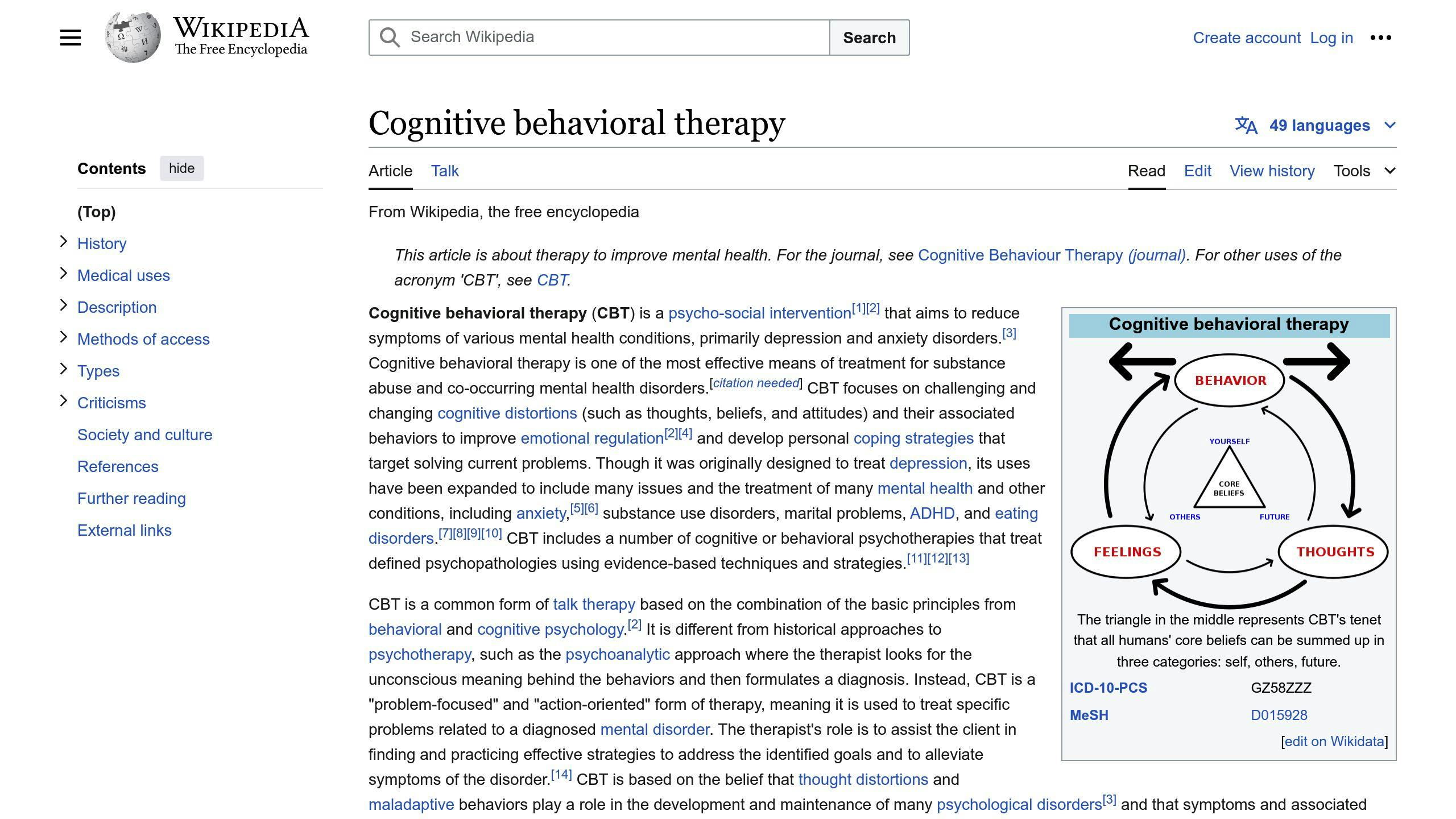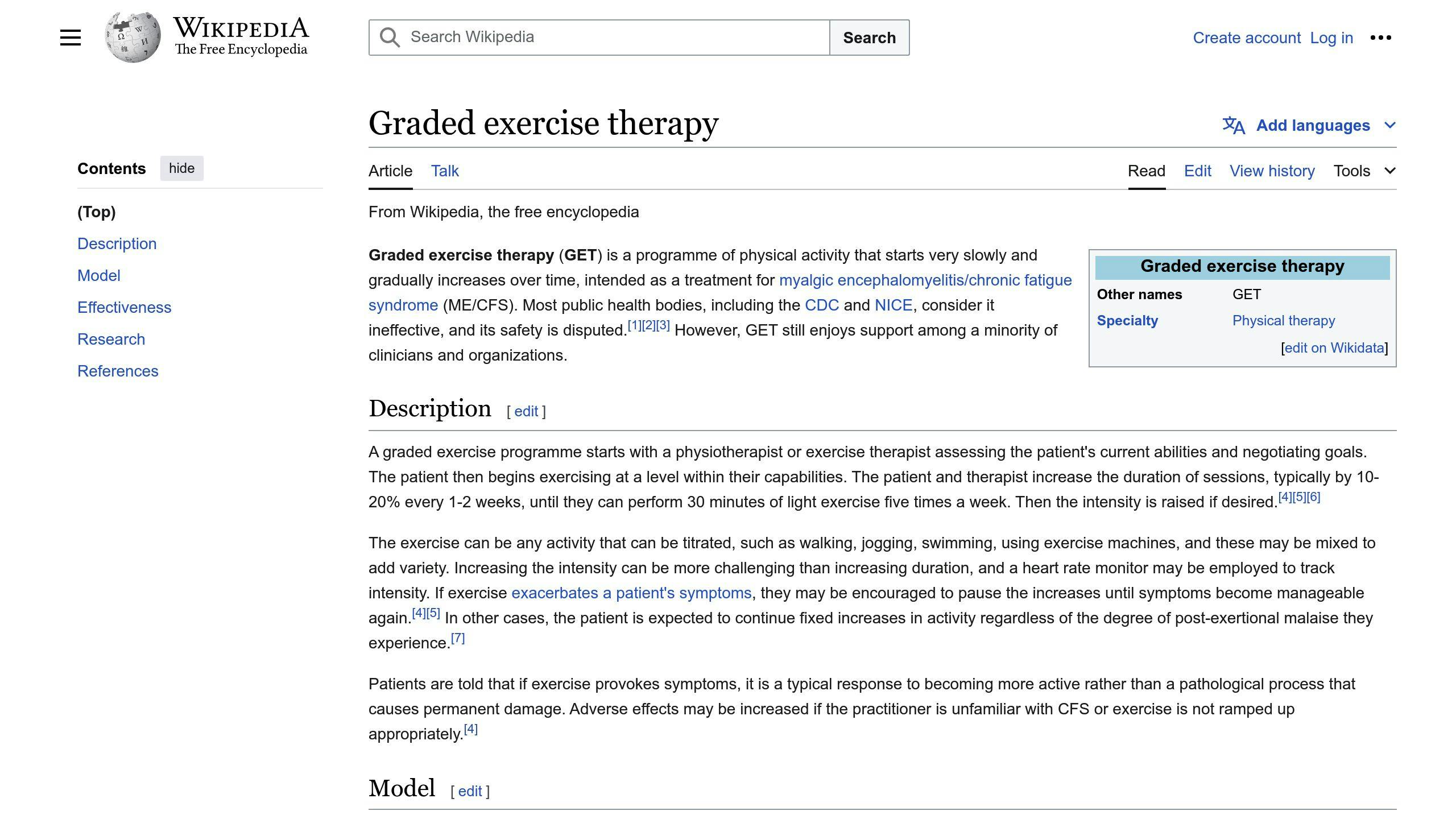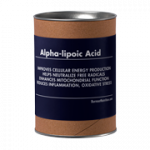Stimulant medications like Ritalin, Adderall, and Modafinil are sometimes prescribed to help manage chronic fatigue syndrome (CFS/ME) symptoms. These drugs can potentially:
- Improve focus and concentration
- Reduce fatigue and increase energy levels
- Enhance motivation and productivity
- Alleviate brain fog and cognitive impairment
However, stimulants also carry risks of side effects and addiction. Safe usage requires close medical supervision, proper dosing, and careful monitoring.
| Potential Benefits | Possible Risks |
|---|---|
| Better cognitive function | Insomnia and sleep issues |
| Increased wakefulness | Appetite loss and weight changes |
| Improved daily functioning | Increased heart rate and blood pressure |
| Reduced brain fog | Mood changes like anxiety or irritability |
| Addiction and dependence with long-term use |
To maximize benefits and minimize risks, stimulants are often combined with other therapies like cognitive behavioral therapy (CBT), graded exercise, and nutritional supplements. Lifestyle changes like pacing activities, stress management, and healthy habits are also recommended.
Consult a qualified healthcare provider to determine if stimulant therapy is appropriate for managing your CFS/ME symptoms. They can guide you on proper dosing, monitoring side effects, and incorporating stimulants safely into a comprehensive treatment plan tailored to your needs.
Related video from YouTube
About Stimulants
What Are Stimulants?
Stimulants are medications that increase activity in the brain and nervous system. They work by boosting the effects of certain brain chemicals like dopamine and norepinephrine. This can lead to:
- Increased alertness and wakefulness
- Better focus and concentration
- Higher energy levels
- Improved cognitive performance
Common Stimulants for CFS/ME
Doctors may prescribe these stimulants to help manage CFS/ME symptoms:
| Stimulant | Description |
|---|---|
| Methylphenidate (Ritalin, Concerta) | Typically used for ADHD, but may help reduce fatigue, brain fog, and improve focus in CFS/ME. |
| Amphetamines (Adderall, Dexedrine) | Can boost energy, focus, and motivation in CFS/ME patients. |
| Modafinil (Provigil) | A wakefulness-promoting drug that may reduce fatigue and improve cognitive function. |
How Stimulants Work
In CFS/ME, stimulants are thought to work by increasing dopamine and norepinephrine levels in the brain. These brain chemicals play a key role in:
- Alertness and Wakefulness: Low norepinephrine is linked to fatigue and lack of alertness, which stimulants can help counteract.
- Cognitive Function: Dopamine deficiency is associated with impaired focus, concentration, and cognitive abilities, which stimulants may improve.
- Motivation and Drive: Dopamine also influences motivation and reward-seeking behavior, potentially helping with the lack of motivation common in CFS/ME.
Potential Benefits of Stimulants
Improved Focus and Memory
Stimulants can help people with CFS/ME concentrate better and remember things more easily. By increasing certain brain chemicals, these medications may:
- Reduce brain fog and mental fatigue: Stimulants can help clear the "cloudy" feeling and promote mental sharpness.
- Improve concentration and attention: They can enhance the ability to focus and stay attentive.
- Boost memory: Stimulants may help with working memory and recalling information.
More Energy, Less Fatigue
One of the main benefits of stimulants for CFS/ME is their potential to reduce fatigue and increase energy levels. By stimulating the nervous system, these medications can:
- Combat overwhelming exhaustion: Stimulants can provide an energy boost to help overcome debilitating fatigue.
- Increase wakefulness and alertness: They promote a heightened state of arousal and wakefulness, counteracting excessive sleepiness.
- Enhance physical and mental stamina: With improved energy levels, individuals may be able to engage in more activities without becoming as easily drained.
Better Motivation and Productivity
Stimulants can also help improve motivation and productivity in those with CFS/ME. By influencing the brain’s reward system, these medications may:
- Increase drive and goal-directed behavior: They can help overcome the lack of motivation often experienced with the condition.
- Promote task initiation and follow-through: With improved focus and energy, individuals may find it easier to start and complete tasks.
- Enhance overall productivity: By combating fatigue, brain fog, and lack of motivation, stimulants can potentially improve overall productivity levels.
Reduced Brain Fog
Brain fog, or cognitive impairment, is a common symptom of CFS/ME that can significantly impact daily functioning. Stimulants may help alleviate this by:
- Improving mental clarity and sharpness: The increased brain chemical activity can help clear the "foggy" feeling in the brain.
- Enhancing information processing speed: Stimulants may help individuals think and process information more quickly.
- Promoting better cognitive performance: With improved focus, memory, and mental clarity, overall cognitive function may be enhanced.
Improved Daily Life
By addressing multiple symptoms of CFS/ME, stimulants can potentially improve various aspects of daily life and overall well-being, including:
| Potential Benefit | Description |
|---|---|
| Better ability to manage daily tasks and responsibilities | With increased energy, focus, and motivation, individuals may find it easier to handle daily activities and obligations. |
| Enhanced quality of life | By alleviating fatigue, brain fog, and cognitive impairments, stimulants may help improve overall quality of life. |
| Increased social and occupational functioning | With improved symptoms, individuals may be better able to participate in social activities and work or school responsibilities. |
It’s important to note that the effectiveness of stimulants can vary from person to person, and they should only be used under the guidance of a qualified healthcare professional.
Risks and Side Effects
Stimulant medications can help manage CFS/ME symptoms, but they also carry risks. It’s crucial to use them with caution and under a doctor’s close supervision.
Addiction Risks
Stimulants have a high potential for misuse and dependence. With long-term or improper use, you may:
| Risk | What It Means |
|---|---|
| Tolerance | Need higher doses to get the same effects over time. |
| Withdrawal symptoms | Experience fatigue, depression, and cravings when stopping use. |
| Compulsive use | Develop an uncontrollable urge to keep taking the medication. |
Sleep Problems
Stimulants can disrupt sleep patterns, causing insomnia or difficulty falling and staying asleep. This can worsen the fatigue and sleep issues common in CFS/ME.
Appetite Loss and Weight Changes
A decreased appetite is a common side effect, which may lead to significant weight loss. This can be concerning for those already struggling to maintain a healthy weight due to CFS/ME.
Heart Health Concerns
Stimulants can increase heart rate and blood pressure, posing risks for those with heart conditions or at risk for heart disease. Long-term use may contribute to irregular heartbeats, heart attacks, or strokes in severe cases.
Mood Changes
Stimulant use has been linked to increased anxiety, irritability, and agitation, which can negatively impact daily life.
Long-term Effects
The long-term effects of stimulant use in CFS/ME are not fully understood, but potential risks include:
- Changes in brain structure and function
- Cardiovascular problems
- Malnutrition and vitamin deficiencies
- Cognitive impairments
- Mental health issues like depression or psychosis
It’s essential to weigh the potential benefits against the risks and use stimulants only under a doctor’s guidance, who can monitor for adverse effects and adjust the treatment plan as needed.
sbb-itb-cf04d29
Using Stimulants Safely
Getting a Prescription
Stimulants are controlled drugs that require a valid prescription from a licensed doctor. Work closely with a doctor experienced in treating CFS/ME to determine if stimulants are right for you. They will review your medical history, symptoms, and potential risks before prescribing the proper medication and dosage.
Dosage and Taking Stimulants
| Tip | Explanation |
|---|---|
| Start low | Begin with the lowest effective dose. |
| Increase gradually | Raise the dose slowly as needed and tolerated. |
| Follow instructions | Take stimulants exactly as prescribed regarding timing and administration. |
| Do not adjust dosage | Never take more or change your dosage without your doctor’s approval. |
| Track symptoms | Monitor your symptoms and side effects to help your doctor find the optimal dosage. |
Managing Side Effects
Common side effects of stimulants include:
- Insomnia or sleep issues
- Decreased appetite and weight loss
- Increased heart rate and blood pressure
- Anxiety, irritability, or mood changes
Work with your doctor to monitor and manage any side effects. Strategies may include:
1. Adjusting dosage or timing 2. Taking breaks or "drug holidays" 3. Lifestyle changes (diet, exercise, stress management) 4. Additional medications to counteract side effects
Potential Interactions
Stimulants can interact with various medications, supplements, and substances. Always inform your doctor about all medications, vitamins, and substances you’re taking to avoid potentially dangerous interactions.
Common examples include:
- Antidepressants
- Blood pressure medications
- Decongestants or cold medicines
- Alcohol or recreational drugs
Long-term Use Tips
While stimulants can provide relief, it’s essential to use them cautiously and avoid developing dependence or tolerance. Follow these tips for safer long-term use:
- Take regular "drug holidays" to prevent tolerance buildup
- Do not increase the dosage without your doctor’s approval
- Watch for signs of addiction or compulsive use
- Explore non-drug treatments alongside stimulants
- Periodically re-evaluate the need for continued stimulant use with your doctor
Combining Treatments
Stimulants can help manage CFS/ME symptoms, but they often work best when combined with other therapies and lifestyle changes.
Cognitive Behavioral Therapy (CBT)

CBT is a type of talk therapy that helps you change negative thoughts and behaviors that worsen symptoms. When used with stimulants, CBT can:
- Teach coping skills for fatigue, brain fog, and other issues
- Set realistic goals for activity levels
- Reduce stress and anxiety
- Improve sleep habits disrupted by stimulants
By addressing the mental side of CFS/ME, CBT complements the physical effects of stimulants for better overall symptom management.
Graded Exercise Therapy (GET)

GET involves slowly increasing physical activity over time. While controversial for CFS/ME, some patients may find GET helpful with stimulants and close monitoring by a doctor.
| Potential Benefits | Risks and Precautions |
|---|---|
| More energy and stamina | Overexertion can worsen post-exertion malaise |
| Improved mobility and strength | Careful pacing and rest periods are crucial |
| Reduced deconditioning | Close monitoring by a CFS/ME specialist is recommended |
If trying GET, start very slowly, listen to your body, and avoid pushing too hard. Stimulants may provide an energy boost, but caution is advised.
Nutritional Supplements
Certain supplements may enhance the benefits of stimulants when taken as part of a balanced treatment plan:
-
B Vitamins: Stimulants can deplete B vitamins needed for energy and brain function. A B-complex vitamin may help.
-
L-Tyrosine: This amino acid is used to make dopamine and norepinephrine, the brain chemicals targeted by stimulants. L-tyrosine may optimize their effects.
-
Omega-3 Fatty Acids: These anti-inflammatory compounds may reduce fatigue and improve cognitive function, potentially enhancing stimulant effects.
Always consult your doctor before adding supplements, as they can interact with medications and have side effects.
Other Treatment Options
While stimulant medications can help manage CFS/ME symptoms, there are also several non-drug approaches that may provide relief.
Lifestyle Changes
Making simple adjustments to your daily routine can play a key role:
-
Pacing Activities: Learn to balance periods of activity and rest to prevent symptom flare-ups. Prioritize important tasks and use assistive devices as needed.
-
Sleep Habits: Establish a consistent sleep schedule, create a relaxing sleep environment, and practice relaxation techniques to improve sleep quality.
-
Diet and Hydration: Eat a balanced diet with plenty of fruits, vegetables, lean proteins, and healthy fats to fuel your body. Stay well-hydrated.
-
Light Movement: While vigorous exercise can worsen symptoms, gentle activities like stretching, yoga, or light walking may help improve flexibility and promote better sleep.
Managing Stress
Chronic stress can exacerbate CFS/ME symptoms, so stress management is crucial:
-
Mindfulness and Meditation: Practices like deep breathing, mindfulness, and progressive muscle relaxation can help reduce stress and promote calm.
-
Counseling and Support Groups: Talking to a therapist or joining a support group can provide coping strategies, emotional support, and a sense of community.
-
Relaxation Techniques: Activities like gentle yoga, tai chi, or calming music can help lower stress levels and promote relaxation.
Complementary Therapies
Several complementary approaches may be beneficial when combined with conventional treatments:
| Therapy | Description |
|---|---|
| Acupuncture | Inserting thin needles into specific points on the body may help alleviate pain, fatigue, and other symptoms. |
| Massage Therapy | Therapeutic massage can reduce muscle tension, promote relaxation, and improve circulation, potentially providing relief. |
| Mind-Body Practices | Techniques like guided imagery, biofeedback, and hypnotherapy may help manage stress, pain, and other symptoms. |
| Nutritional Supplements | Some supplements like vitamin D, magnesium, and coenzyme Q10 may address nutritional deficiencies and support overall health. |
Always consult with a healthcare professional before trying new treatments or making significant lifestyle changes, as individual needs and responses can vary.
Summary
Key Points
- Medications like Ritalin, Adderall, and Vyvanse can help manage chronic fatigue syndrome (CFS/ME) symptoms. They may improve focus, energy levels, and brain function.
- Around one-third of CFS/ME patients may get significant help from these stimulant drugs.
- Potential benefits include less fatigue, better concentration, more motivation, and improved daily functioning.
- However, stimulants also carry risks like addiction, sleep issues, appetite changes, heart effects, and mood swings.
- Careful dosing, monitoring, and guidance from doctors are crucial for safe and effective use.
Talk to Your Doctor
Before considering stimulants for CFS/ME, it’s important to talk to a qualified healthcare provider. Every person’s situation is different, and factors like medical history, symptom severity, and individual response to medications must be carefully evaluated.
Your doctor can help determine if stimulant therapy is appropriate for you and provide guidance on proper dosing, monitoring, and managing potential side effects. Open communication and regular follow-ups are key to ensuring safe and optimal treatment.
FAQs
What are the most commonly prescribed stimulants for chronic fatigue syndrome?
The stimulant medications frequently prescribed for chronic fatigue syndrome (CFS/ME) include:
| Medication | Description |
|---|---|
| Ritalin (methylphenidate) | Immediate-release and extended-release (Concerta) forms are used. |
| Dexedrine (dextroamphetamine) | An amphetamine-based stimulant. |
| Adderall (amphetamine and dextroamphetamine) | A combination of two amphetamine-based stimulants. |
| Vyvanse (lisdexamfetamine) | A long-acting amphetamine-based medication. |
These drugs are primarily intended for treating attention deficit hyperactivity disorder (ADHD). However, they may help improve fatigue, brain fog, and cognitive function in individuals with CFS/ME.
Using Stimulants Safely
Stimulants carry risks of side effects and potential for dependence. It’s crucial to:
- Follow your doctor’s instructions for proper dosage and timing.
- Start with the lowest effective dose and increase gradually as needed.
- Monitor for side effects like insomnia, appetite changes, and mood swings.
- Avoid adjusting the dosage without your doctor’s approval.
- Take breaks or "drug holidays" to prevent tolerance buildup.
- Watch for signs of addiction or compulsive use.
Your healthcare provider can guide you on using stimulants safely and effectively for managing CFS/ME symptoms based on your individual needs and medical history.
Related posts
- Homeopathic Remedies for CFS/ME: Treatment Guide
- Acupuncture for Chronic Fatigue Syndrome: Research Overview
- Antioxidants for CFS/ME: Benefits, Diet Tips
- 10 Nutrition Tips to Manage Chronic Fatigue Syndrome






Leave a Reply